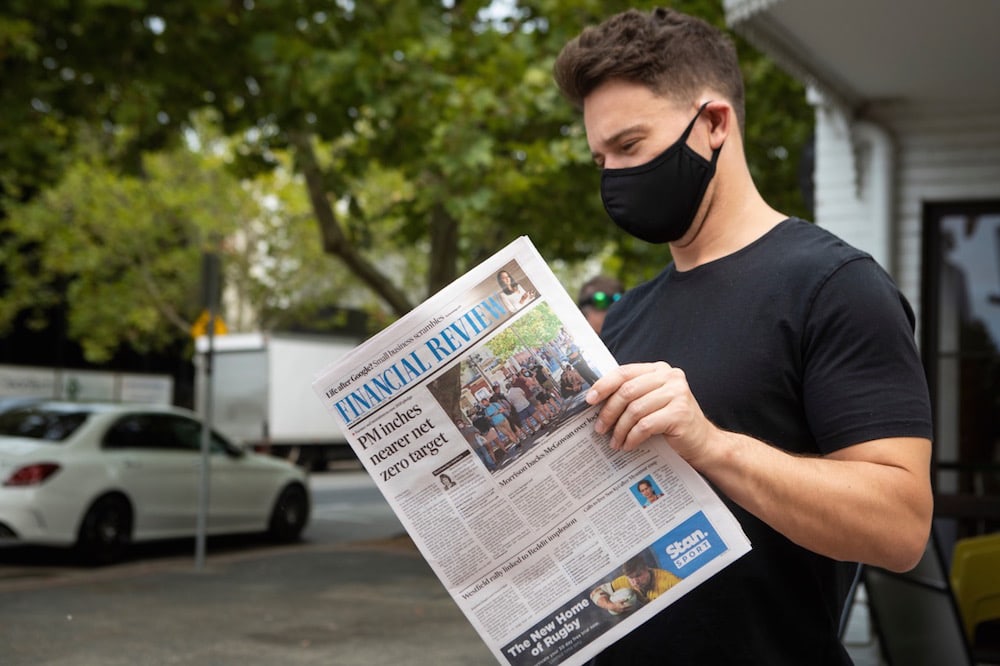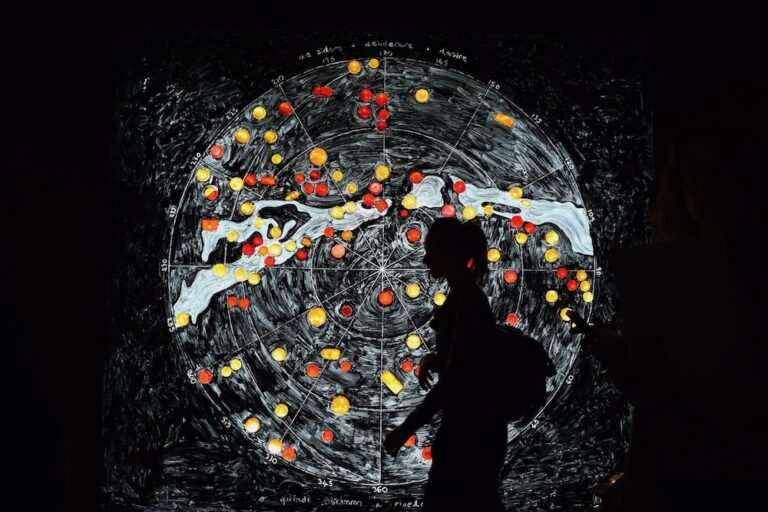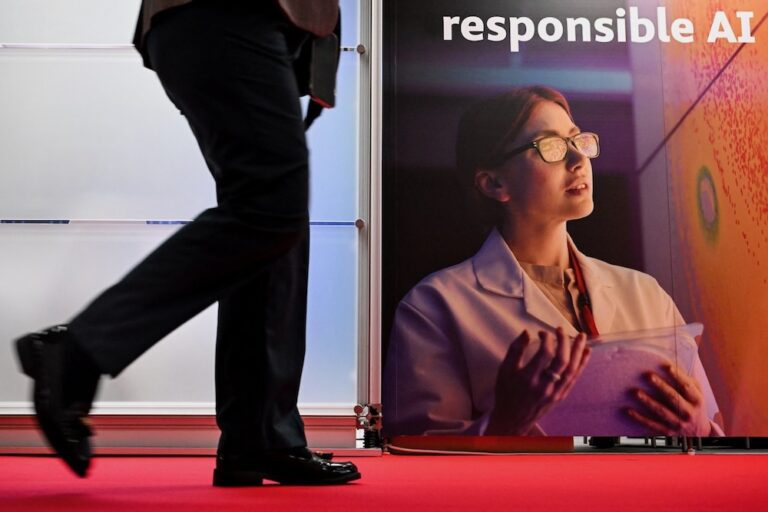The Media, Entertainment & Arts Alliance hopes its decision to withdraw from the Australian Press Council will spark a discussion about media regulation.
This statement was originally published on meaa.org on 21 April 2021.
The Media, Entertainment & Arts Alliance, the union for Australian journalists, will be giving notice that it intends to withdraw from the Australian Press Council.
The National Media Section Committee of the MEAA – a governing committee made up of rank-and-file members – resolved last night to advise the APC that it will be giving the required four years’ notice to leave the organisation in 2025.
This decision follows consultation and feedback from Media section members that was overwhelmingly in favour of the union withdrawing.
MEAA Media federal president Marcus Strom said the union had contributed $1 million in fees to the Press Council over the past decade, but that increasingly MEAA members were dissatisfied with the role played by the regulator. He noted that despite media convergence being a lived reality for journalists and the public for a decade, the regulatory framework had failed to keep up to date.
“We want our notice to leave the Press Council to spark a serious discussion about media regulation,” he said.
“Currently our members are more concerned [about] being hauled over the coals on Media Watch than being called before the Press Council. That’s obviously not an acceptable situation.”
Mr Strom said MEAA members had become increasingly frustrated by both inconsistent adjudications and poor governance standards at the Press Council.
“Arbitrations have been inconsistent, slow and are increasingly out of touch with community expectations.
“The Press Council has lost credibility with journalists and even with the publishers who make up its membership. There have been too many cases in recent years where adjudications have been mocked or ignored.”
MEAA Media federal vice-president Karen Percy said dozens of members had provided the union with feedback about the union’s future participation in the APC.
“In order to maintain trust in journalism in Australia, a credible regulator – where there are real consequences for breaches – is critical,” she said.
“It is MEAA’s view that unfortunately the Press Council is no longer fit-for-purpose for the modern, cross-platform media industry.
“The industry needs a simpler system of self-regulation that is consistent across all platforms and organisations, upholds the standards of public interest journalism, and serves the needs of members and the public who want ethical practices and accountability.
“The status quo is serving no-one – not the industry, nor the public.
“We also see a growing role for the MEAA Journalist Code of Ethics to show the way for ethical journalistic practice.
“Established in 1944, the Code of Ethics is the most enduring and best-known set of guidelines for journalists and has an important role to play in the future.”
MEAA delegates voted to engage with industry stakeholders to discuss what shape a robust regulatory environment would take.
MEAA represents more than 5000 journalists across the country and is a leading voice in discussions on media policy, press freedom and journalistic practice.



